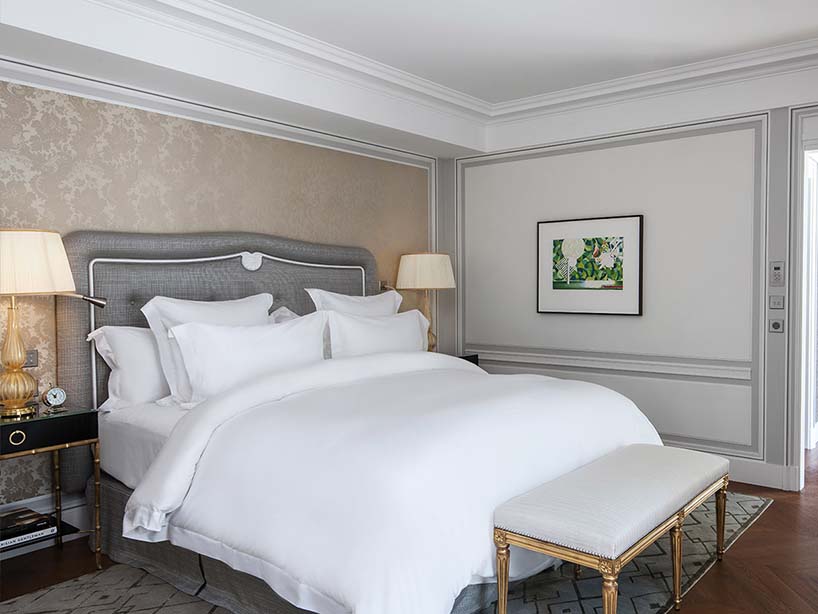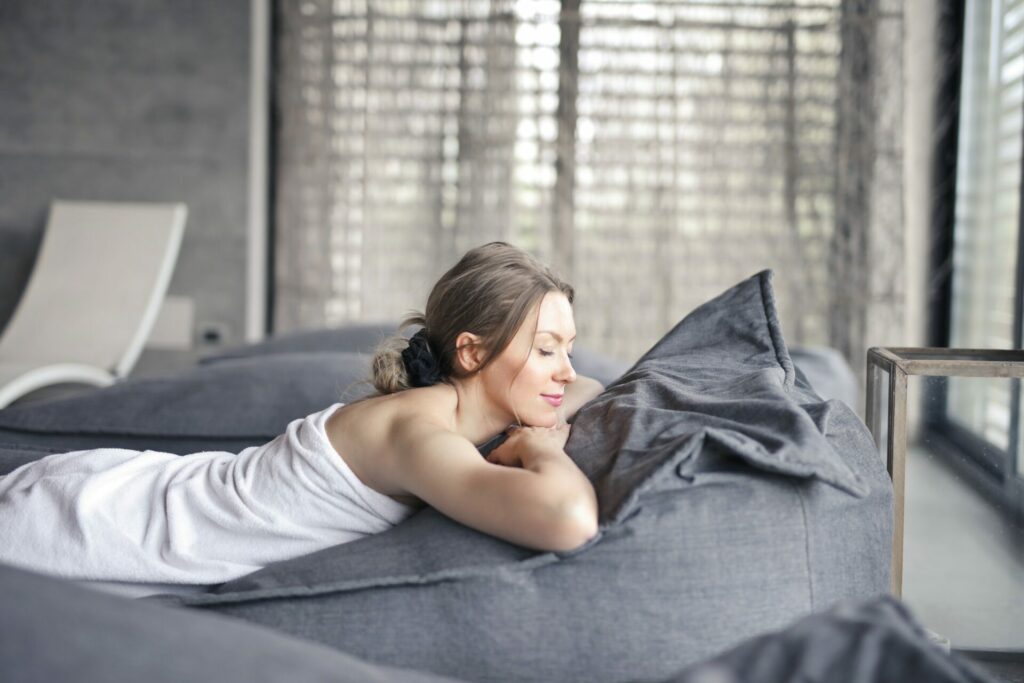Hotels are taking a new approach to the holiday experience. While for many, holidays conjure up the idea of poolside lounging, swimming, and tanning, others enter their vacation exhausted, often lacking sleep, and eager to put their body clock back on track.
So-called “sleep tourism” aims to put sleep at the centre of the holiday experience. As such, major luxury hotel chains are adapting their offering to ensure that its clients get the best sleep possible, and return back from the travels well rested.
In the US, 35% of people sleep less than 7 hours a night. 50-70 million suffer from insomnia or other sleep issues. In fact, doctors typically recommend that we get over seven hours of sleep per night. For teenagers, this should be more than eight. However, with infinite distraction, especially from our mobile phones, this is rarely achieved.
With such a large sleep-deprived market, American hotel chains launched sleep tourism. In the course of a few years, the market offering of sleep-tailored stays has only increased. This year, the Park Hyatt New York hotel opened a 900 metre squared suite with sleep-promoting facilities. Rosewood Hotels & Resorts has also launched a collection of special retreats designed to “promote rest.”
Zedwell, London’s first sleep restoration hotel. Looks pretty.https://t.co/BUtbZ86xW2 pic.twitter.com/3tX1M7N1xk
— Bobby Fijan (@bobbyfijan) October 6, 2022
The trend is now spreading outside of the US. Zedwell, London’s first sleep-focused hotel opened in 2020 and offers specially soundproofed rooms for minimal sleep disturbance. In Portugal, Swedish bed manufacturer Hästens has established the Hästens Sleep Spa Hotel, which pulls out all the stops to ensure that customers have a good night’s sleep.
The big sleep catch-up
These stays are increasingly important in the context of the post-Covid recovery, which has forced workers into overdrive to catch up following years of pandemic restrictions. Often, hotels will spend lots of money on improving the experience, but neglect to ensure that guests will have optimal sleep, either through a lack of noise insulation or poor beds.
Some hotels, such as Hästens, now cut out the middleman, working directly with luxury bed manufacturers to prove the best possible sleep. This can be supplemented by other sleep-aiding treatments such as aromatherapy, hot springs, and special yoga classes.

Credit: Hôtel de Crillon
In Spain, the Six Senses Ibiza offers restfulness package visits, which include personalised consultations, screenings, massages, and other perks to help promote sleep. Not far from Brussels, the Hôtel de Crillon in Paris offers a team of experts to help guests learn how to manage their sleep and get a proper rest.
Related News
- Quarter of young Belgians feel in poor physical or mental health
- Study shows different exercises help with memory retention
Of course, catching up on sleep doesn’t always require a specialist sleep hotel. Taking a couple of days away from your own bed, to a hotel with positive reviews about the quality of its own beds, can prove a good way to escape stress and sleepless nights.
Another way to promote sleep at home is to invest in quality duvets and blankets at home, and changing up pillows to find the optimal sleep-inducing softness.

